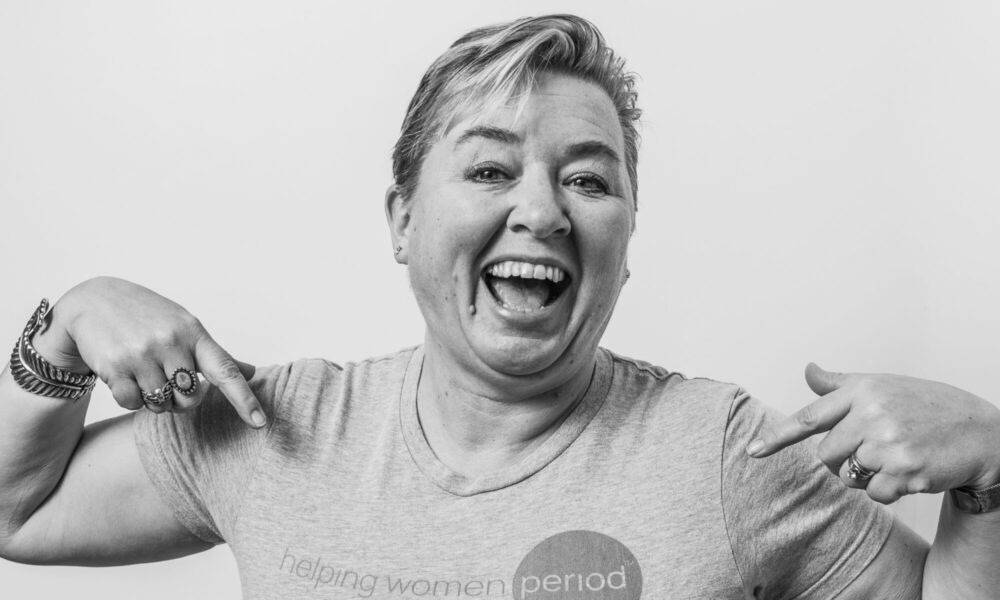

Today we’d like to introduce you to Lysne Tait.
Alright, so thank you so much for sharing your story and insight with our readers. To kick things off, can you tell us a bit about how you got started?
In January 2015, my friend Amy Stephenson & I read an article about the lack of menstrual products for homeless women. We were shocked. In the past, we had donated cereal and soup to the local food banks but had never considered donating pads and tampons. We had assumed that there was a federal program for this – like WIC. A program called Women, Infants, and Children should supply pads, diapers, and formula – out of those three, WIC only provides formula. So, we decided to do something about it.
Amy & I had planned events before this. We decided to host a breakfast, invite 30 of our closest friends, ask for donations – maybe we would raise $400 – and then buy some cases online and donate them to the local shelter. We put the event on Facebook on a Sunday, had to change the venue that Tuesday because we had 100 people coming, and then filed non-profit paperwork on Thursday because we had folks from all over the world who wanted to send us money, and we wanted to be as transparent as possible.
At that first breakfast, we didn’t know what we were getting ourselves into. We just wanted to change what had been happening. And the only way to instigate change is to make people a little bit uncomfortable. Talking about pads and tampons DOES make people uncomfortable, even when using more socially acceptable terms like “hygiene products.” And here we were, talking about periods and pads while people were eating. But it worked. And people talked back, telling us stories of their first period, the time they leaked in class, how embarrassing it was to sit on the side of the pool during gym class – everyone KNEW why you weren’t in the water. The stigma was universal – every menstruator in the room had a story laced with shame. Amy and I didn’t want our daughters to go through that. We didn’t want the people in our community to go through that, so we decided to do what we could without a preconceived notion of what it would look like.
We raised money and started talking about this issue to everyone around us. And we started listening. We found groups who already had relationships with our target market and talked to them about providing menstrual products. The response was incredible. People met us with tears in their eyes (Both providers and recipients). Schools, shelters. And food banks were ecstatic. Helping Women Period grew at an astonishing rate. In the first year, we distributed about 150,000 individual pads and tampons, which covered about 7500 periods. In 2022, we distributed a total of 1.14 million pads and tampons (about 57,000 periods), and in 2023, we distributed over 2 million menstrual products (about 88,000 periods). Since the inception, we’ve distributed over 6.5 million menstrual and incontinence products.
Can you talk to us a bit about the challenges and lessons you’ve learned along the way? Looking back, would you say it’s been easy or smooth in retrospect?
For the most part, it’s been smooth sailing. We were volunteer-led until 2019. Amy decided to leave the organization. I took over as paid Executive Director. I don’t have a degree in Nonprofit Management, nor do I have an MBA or a degree in Women’s Studies. I do have a strong desire to do what is good for my community; to fix wrongs that have been going on for too long. When we started HWP, we had no idea what we were doing. We relied on information from friends who managed nonprofits, learned the hard way about Supply Chain Management, and spent an inordinate amount of time researching period poverty and nonprofits online.
During the pandemic, we realized that distributing pads and tampons was only addressing the symptom, not solving the problem. I started talking with legislators about eliminating the tampon tax (sales tax on menstrual products), educating them about period poverty, and the stigma. After working closely with them and testifying in front of the Senate Finance Committee, we were able to see the Tampon Tax Repeal come to fruition.
Last winter, I read that 1 in 4 students who menstruate miss school due to not having adequate period supplies at home, and I was horrified. That is a LOT of missed education. I reached out to a few legislators and did some back-of-the-envelope math. At $3 per period, it would cost the state $5 million to supply each at-risk Michigan student with 20 pads or 20 tampons to take home for every month they were in school. This would help curb absenteeism and increase self-esteem. The legislators decided to come back with a pilot project. They would fund 10 school districts of varying kinds (urban, suburban, rural) for $1 million. I was ecstatic when it passed! The money was allocated in Oct. 2023, and schools are just now figuring out the logistics. I am hoping that next year the state will fund the entire $5 million.
Currently, there is another bill in the House that is asking for all schools to provide menstrual products within the schools for everyone. I would love to see this in addition to the products to take home. Schools (and other public entities) provide toilet paper; why not pads?
Another challenge is just being a small nonprofit. I have two part-time AMAZING employees. The three of us run the program, manage inventory, deliver products, and write grants/do fundraising. I also speak at different events, and we have a Menstrual Product Petting Zoo that we take to different groups to educate about alternative menstrual products and how to use them/what they are. We have a board that helps with the strategic planning and visioning. And many many volunteers who help with the above, sew and stuff bags for discreet delivery, and hand out products at mobile food banks.
Thanks for sharing that. So, maybe next you can tell us a bit more about your work?
A nationally recognized leader in the fight to end period poverty, Lysne Tait is the co-founder and executive director of Helping Women Period.
Since its launch in 2015, Helping Women Period has provided more than 4 million products to menstruators in need throughout Michigan and works to end period poverty through partnerships, advocacy, donations, and education. Lysne and Helping Women Period have been featured in Oprah’s O Magazine, TeenVogue, Today.com, Forbes, and more.
Lysne received a Bachelor’s degree in Education and Communication from Eastern Michigan University before teaching for six years. Lysne is an avid reader and literature enthusiast, reading at least 150 books a year. She sits on the board for the Dewitt District Library and is currently writing her first book.
We all have a different way of looking at and defining success. How do you define success?
I am working hard to legislate myself out of a job. I would consider it a success if Helping Women Period was no longer needed. Period Poverty, the lack of access to menstrual products, is a solvable issue. Scotland and New Zealand have solved it. We can too. Addressing it at all levels – city, state, and federal is key. I am a firm believer in the adage “a rising tide lifts all boats”. If we can help the most vulnerable citizens better care for themselves, it can only make our entire society better.
Pricing:
- $40 can cover 1 person’s menstrual needs for an entire year.
Contact Info:
- Website: https://www.helpingwomenperiod.org
- Instagram: https://www.instagram.com/helpingwomenperiod/
- Facebook: https://www.facebook.com/helpingwomenperiod/
- Linkedin: https://www.linkedin.com/company/helping-women-period
- Twitter: https://www.twitter.com/helpingwomen1
- Youtube: https://www.youtube.com/@lysnetait6029
- Other: https://www.tiktok.com/@helpingwomen.period
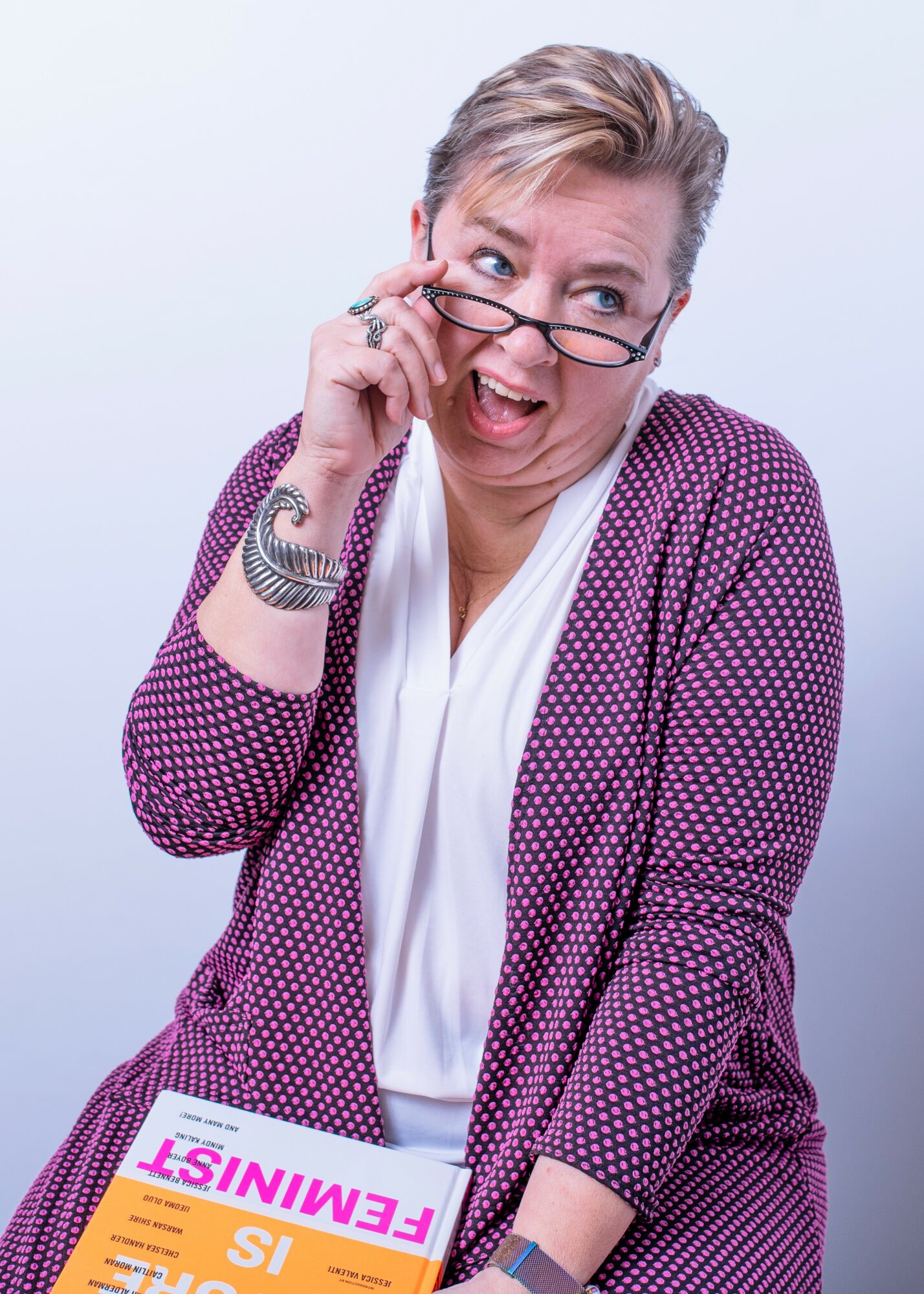
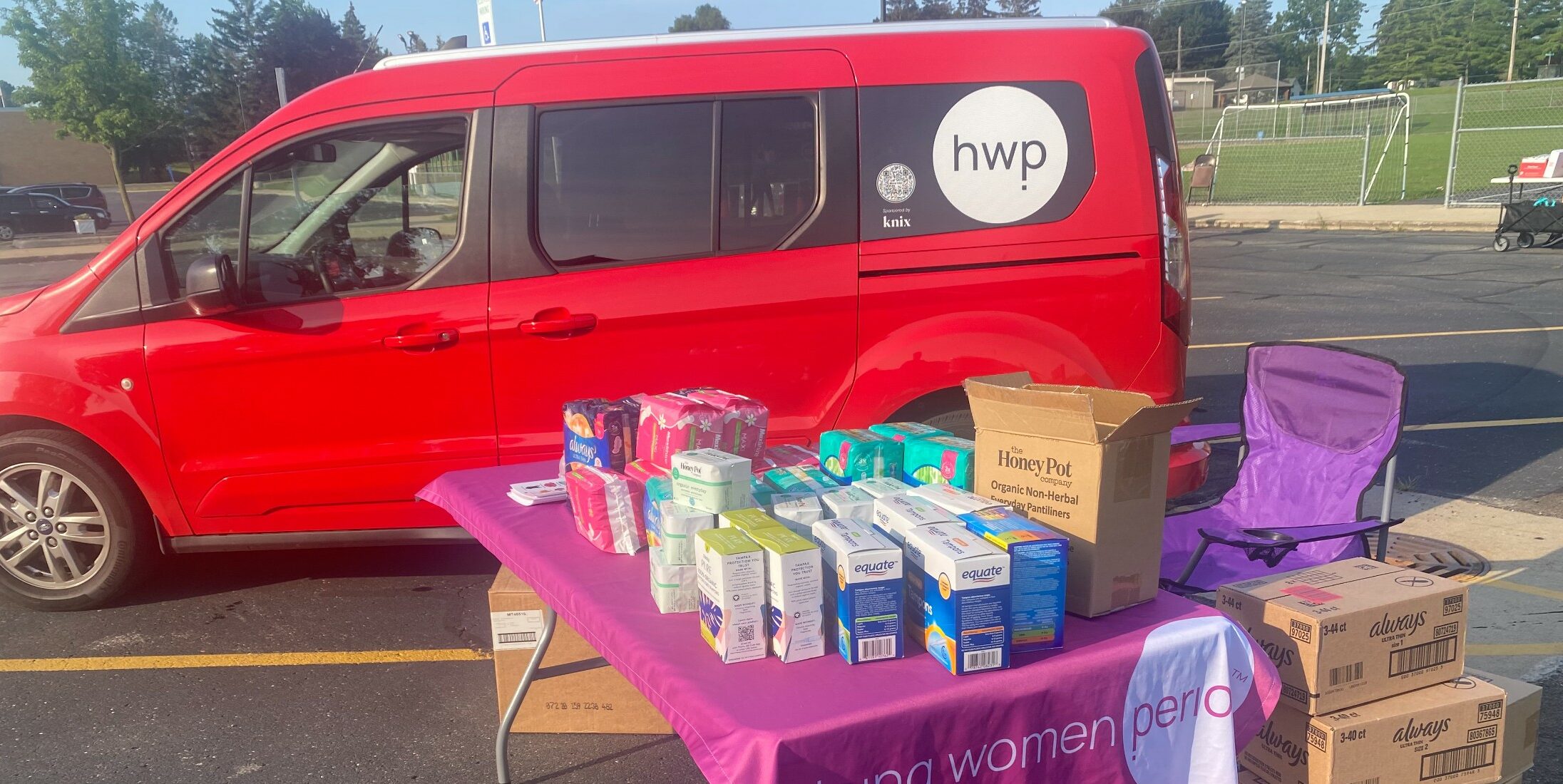
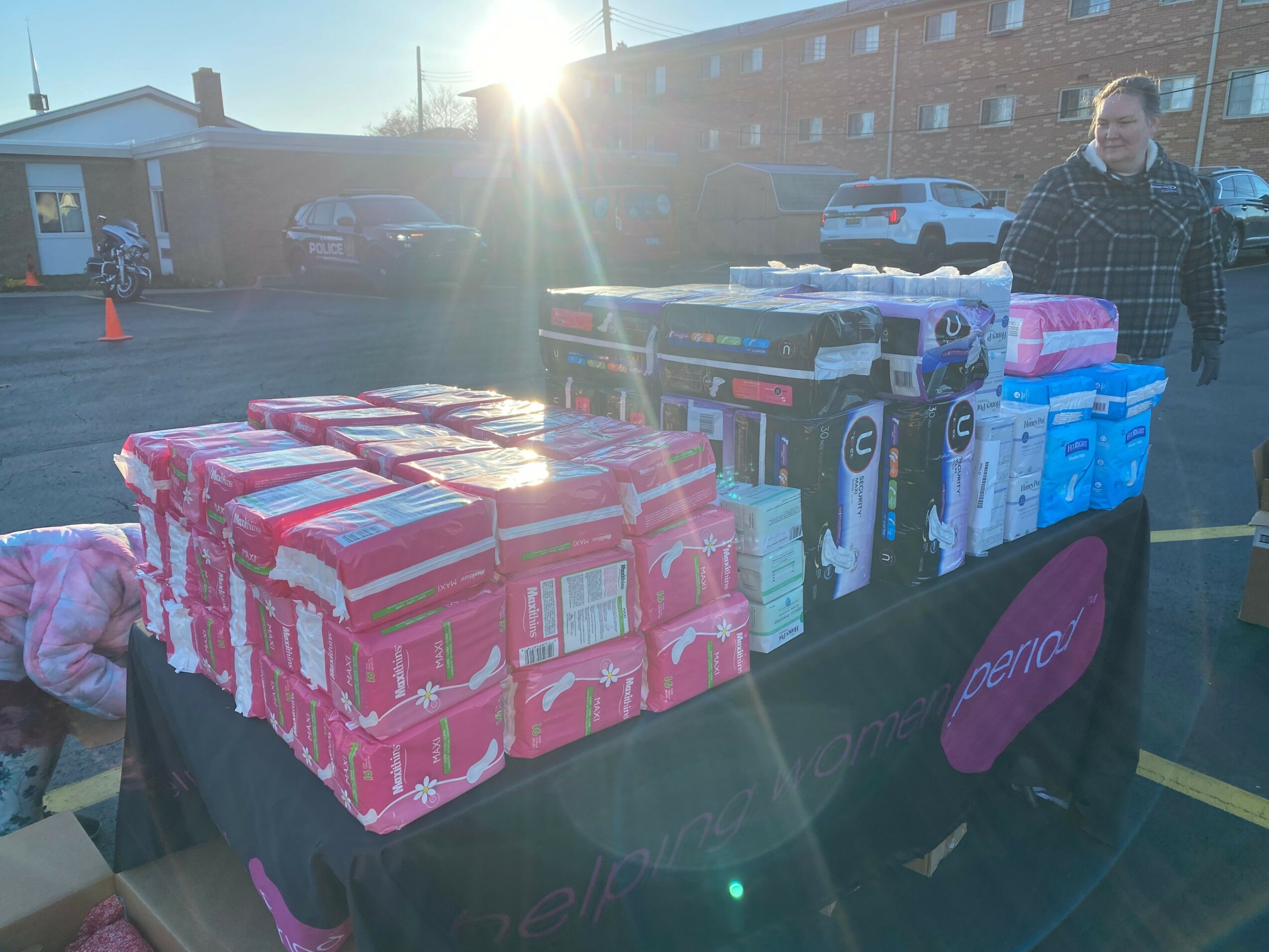
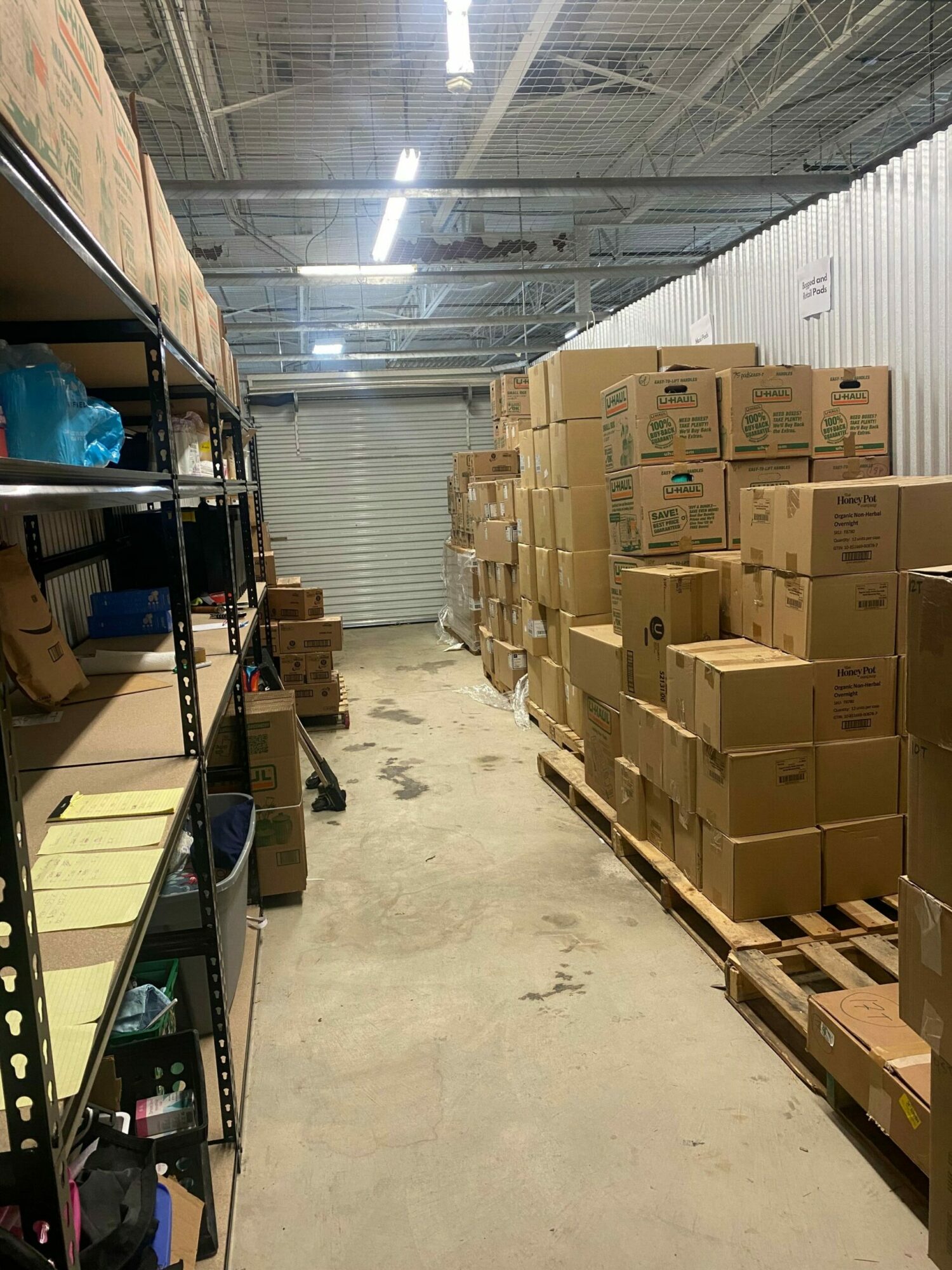
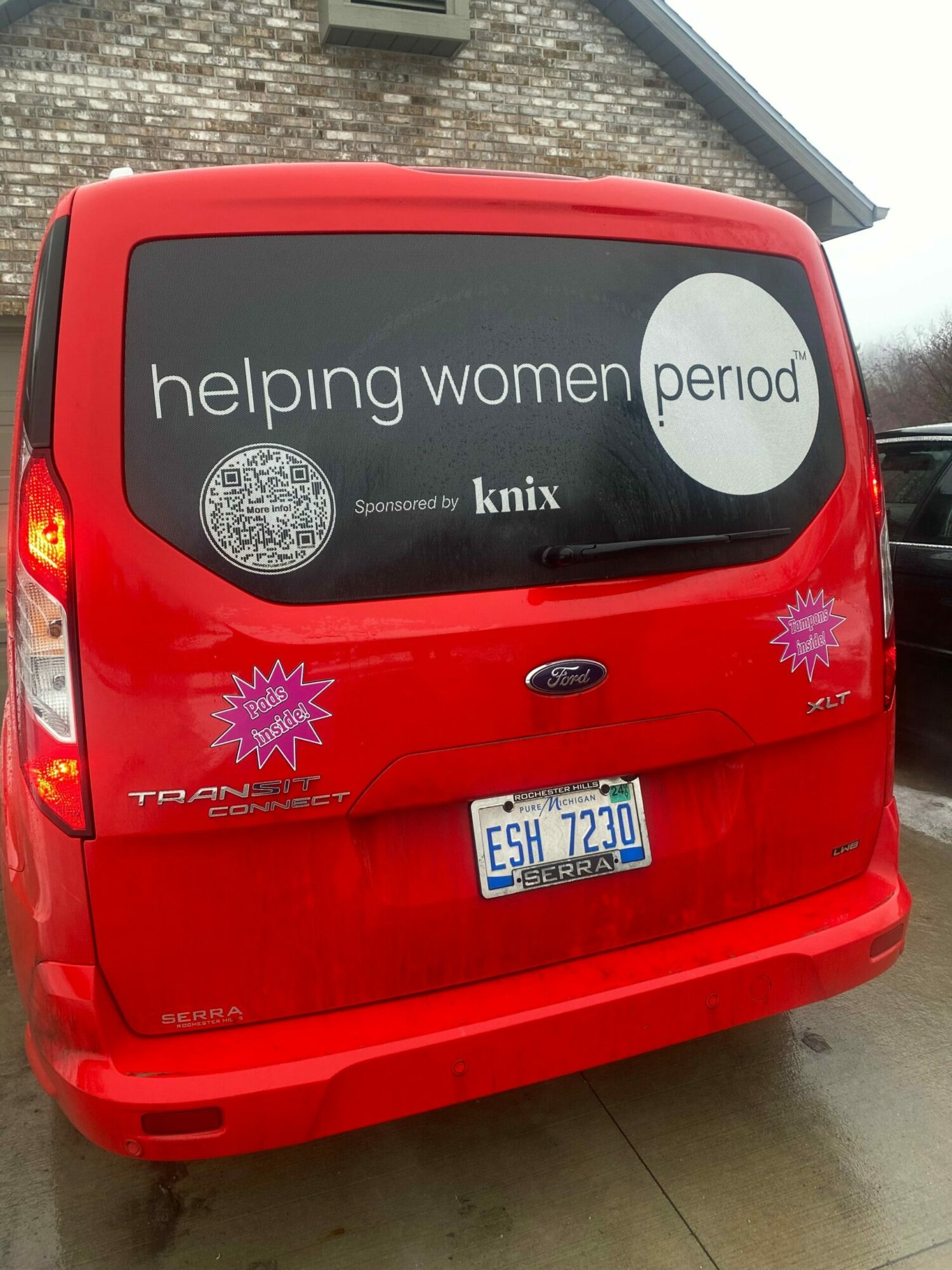
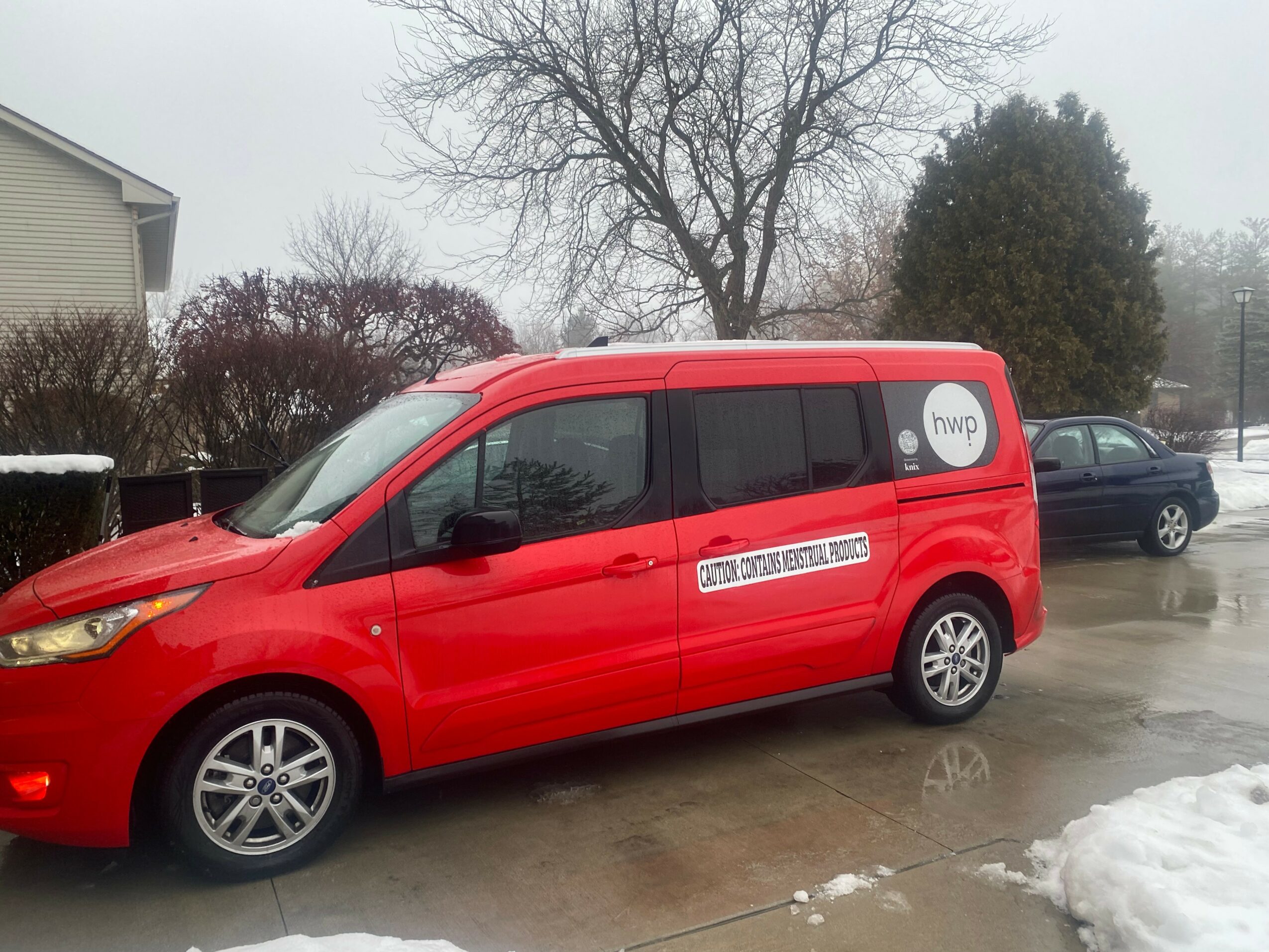
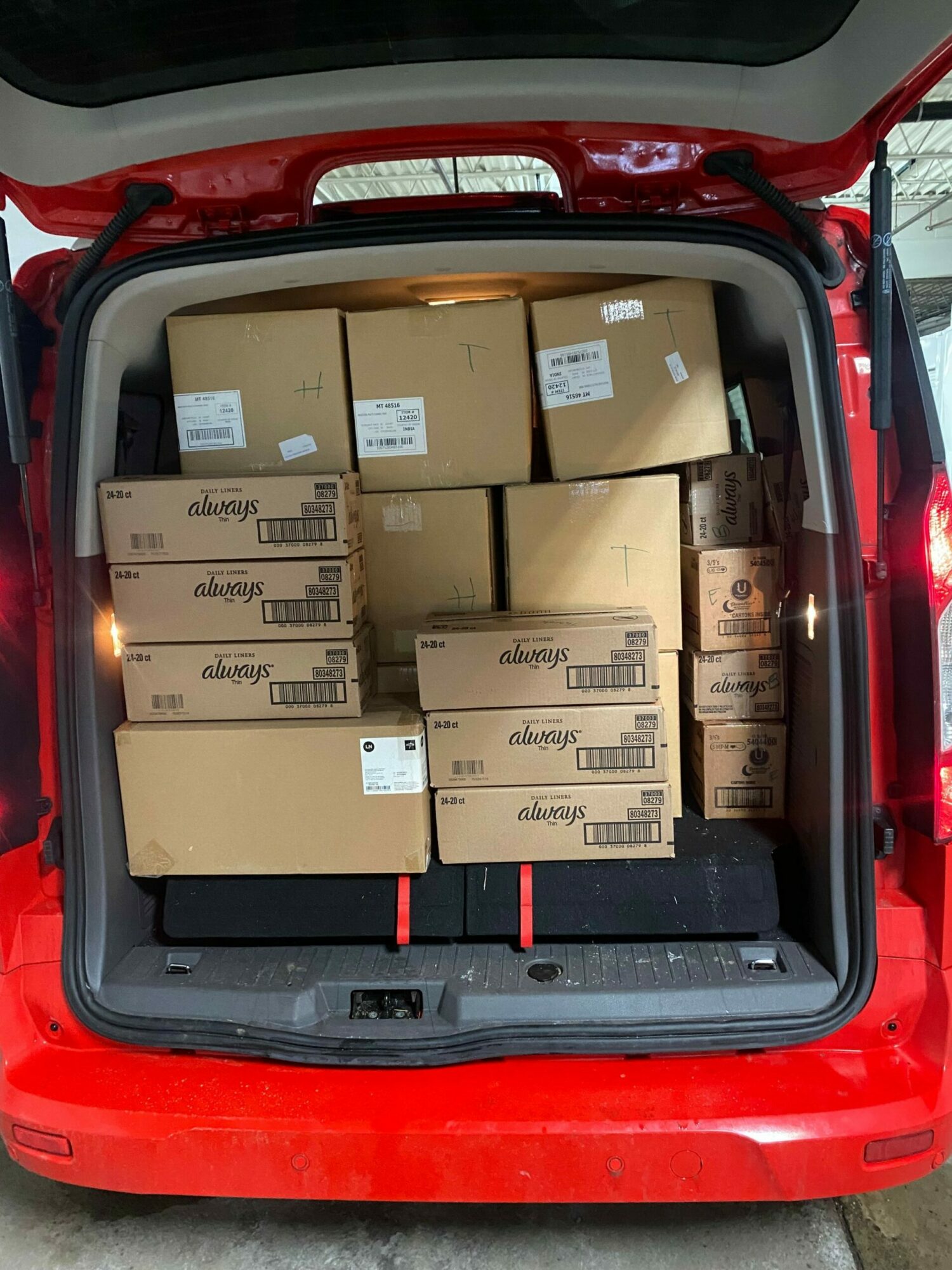
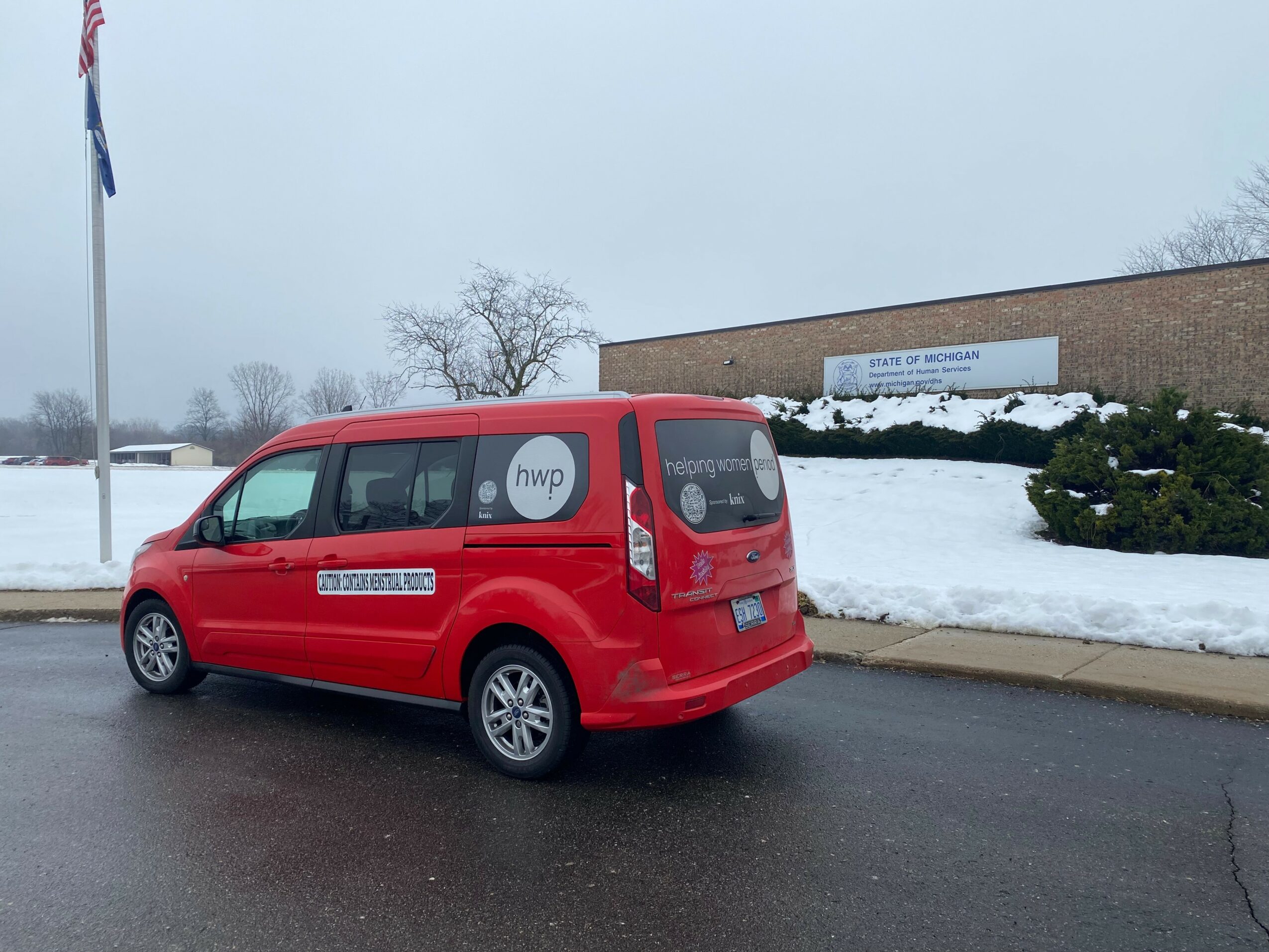
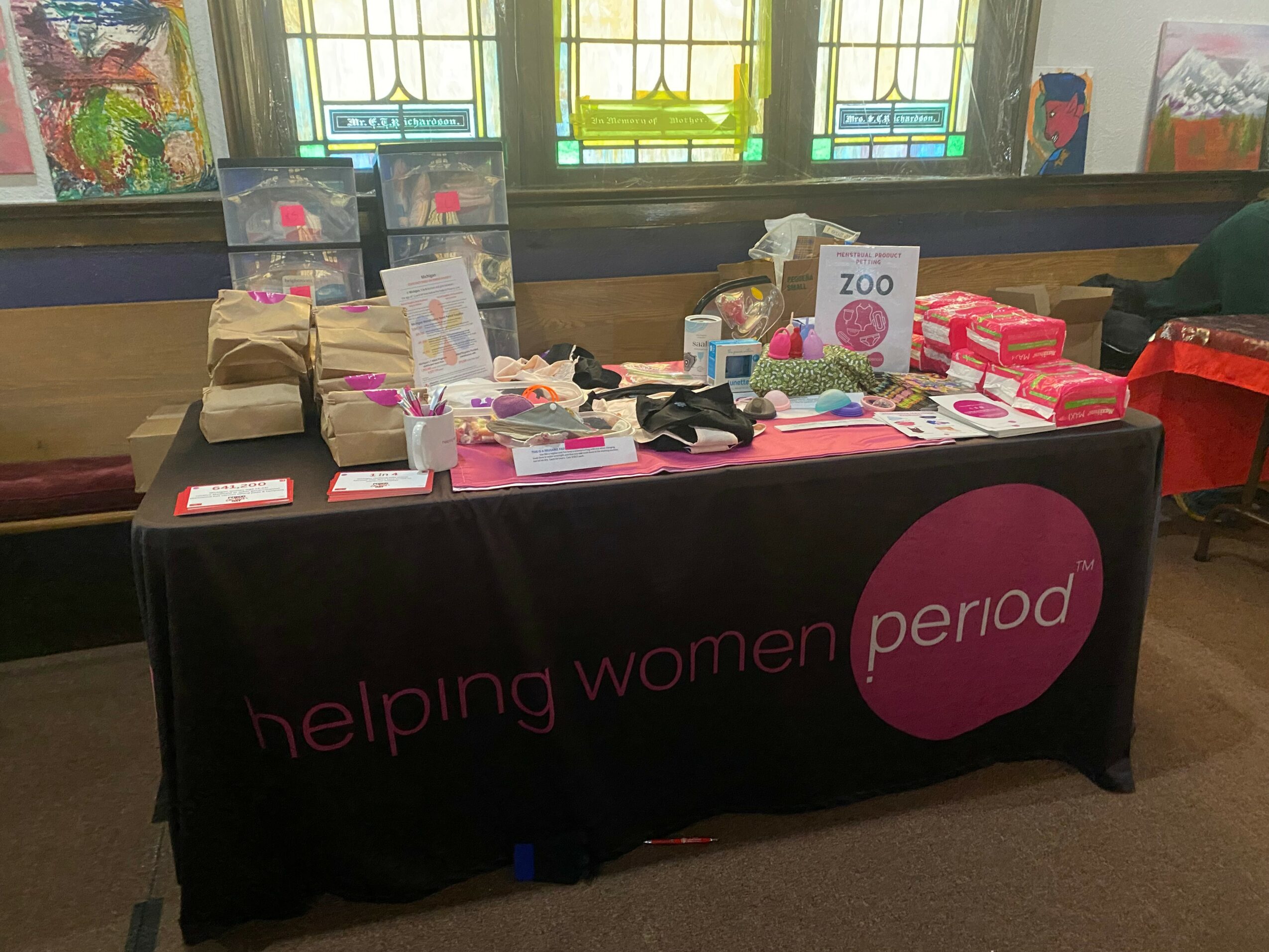
Image Credits
Sarrah Gani
Lysne Tait











